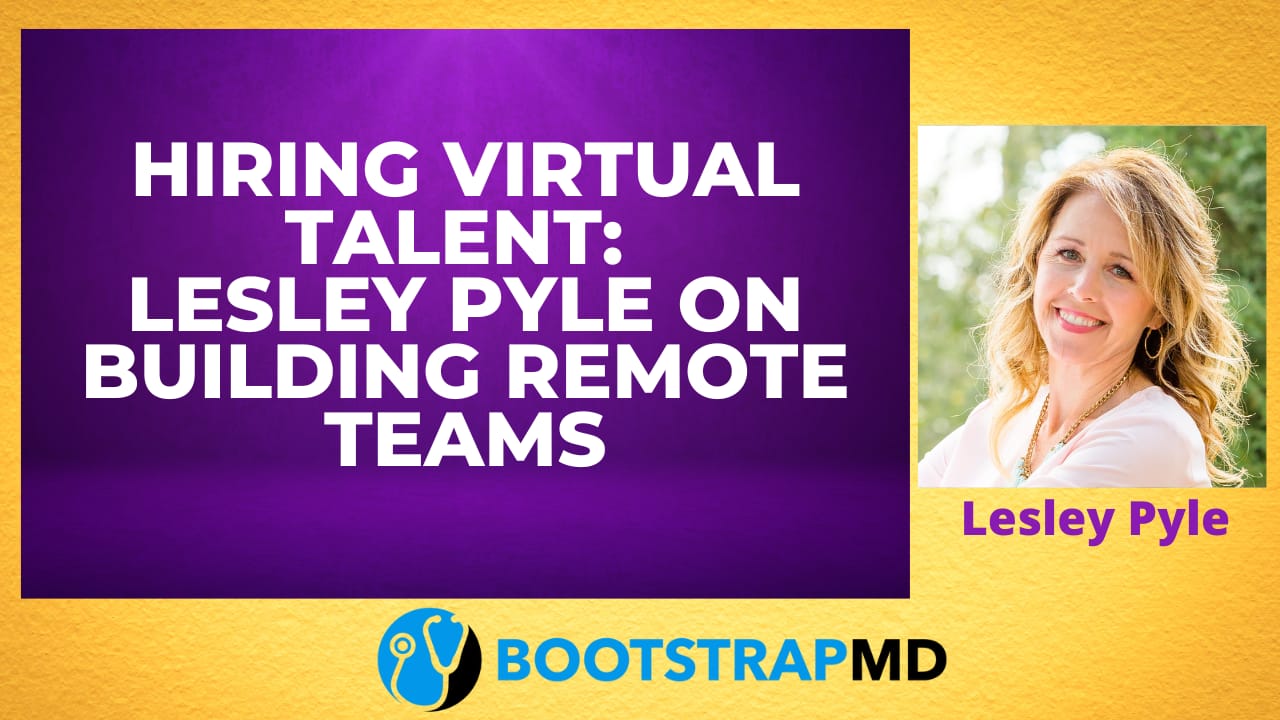- The Lounge
- Posts
- Is Your Healthcare Ready for Medicare’s 2025 Shift?
Is Your Healthcare Ready for Medicare’s 2025 Shift?
Trust matters, but few track it / The next wave is AI-first / Freedom comes from passive income

The LOUNGE - A Newsletter for Savvy Physicians
We scour the net, selecting the most pertinent articles for the busy doc so you don’t have to! Here’s what kept our focus this week…
The biggest shake-up to Medicare in decades is here—complete with caps, cuts, and a creeping wave of prior authorizations.
Trust drives performance, loyalty, and innovation—so why do so few leaders know their trust score?
Forget big budgets—the startups winning tomorrow are the ones learning fastest with AI.
Passive income isn’t just about money—it’s about reclaiming your time, your freedom, and your life.
As Amazon cuts 14,000 jobs citing AI, experts wonder if artificial intelligence is truly transforming business or simply reshaping the narrative.
The best employee coaching happens in real time, not behind closed doors.
Save Up to 30% on Insurance
Running a practice is tough—and rising health insurance costs don’t help. That’s why a physician created Ryze Health: premium coverage built exclusively for independent doctors, their employees, and families—with real cost savings.
👉 Get your quote today at ryzehealth.com and follow @RyzeHealth for updates.
Hiring Virtual Talent: Lesley Pyle on Building Remote Teams
Can hiring a virtual assistant transform your entrepreneurial journey?
In this episode of Bootstrap MD, Dr. Mike Woo-Ming sits with Lesley Pyle, as she discusses her 30-year evolution in remote work, starting from 1996 as a freelancing mom. Drawing from her experiences in PR, motherhood, and building virtual networks, she explores barriers entrepreneurs face—time constraints, trust issues, and hiring fears—and how platforms like hers connect businesses with talented remote professionals. Lesley offers practical ways to outsource tasks, create SOPs, and build efficient teams, fostering growth through delegation and work-life balance.
Join Doctors Online Success
A free discussion forum exclusively for physicians! Connect with like-minded doctors, share insights, and gain valuable strategies for success in medicine and beyond. Don't miss out—sign up today and start the conversation!

LOUNGE TALK
Medicare’s 2025 overhaul marks one of the most consequential updates in years, reshaping everything from drug costs to how insurers get paid. A new $2,000 annual out-of-pocket cap on Part D drugs will help some high-cost patients, but insurers are expected to respond with narrower formularies, higher deductibles, and fewer low-cost options. The Medicare Prescription Payment Plan (MPPP) will let enrollees spread drug payments across the year, while stricter limits on supplemental benefits will curb perks that once defined Medicare Advantage (MA) plans. Insulin and vaccines remain protected under cost-sharing rules, but CMS is also piloting prior authorization in Original Medicare—a major shift likely to burden providers. At the same time, regulators are tightening audits and reducing MA overpayments, prompting insurers to shrink networks or exit markets altogether. For retirees, these changes mean more active plan management during open enrollment and higher volatility in out-of-pocket spending. For clinicians, the result is more paperwork, tighter documentation standards, and a growing administrative squeeze.
In interviews with more than 70 senior leaders across industries, author John Blakey found unanimous agreement that trust is essential to effective leadership. Executives linked high trust to stronger employee engagement, better customer retention, and improved profitability. Yet when asked how they quantify trust, most had no clear answer—relying instead on indirect measures like Net Promoter Scores or engagement surveys. Some even dismissed the idea of measuring trust altogether, viewing it as too intangible or “soft” to capture. This gap between belief and measurement reveals a blind spot at the top of many organizations. Without concrete metrics, companies risk treating trust as a feel-good concept rather than a strategic asset. The article challenges leaders to turn trust from a slogan into something trackable, actionable, and accountable.
Support Our Sponsor: Student Loan Planner
Concerned about medical student loans? It's time for a custom action plan. Talk with these experts who've helped over 11,000 borrowers take on $2.5 billion in student debt. Book your meeting today!
In a rapidly evolving tech world, AI-first teams are redefining how startups grow, innovate, and compete. According to Anatolii Kasianov, co-founder of HOLYWATER, success now hinges less on specialized roles and more on generalists who leverage AI tools to move faster and smarter. His company’s 200-person team—with only 10% coders—manages to reach over 55 million users globally, showing how AI can replace traditional hierarchies of expertise. Tools like GitHub Copilot, ChatGPT, Runway, and ElevenLabs are boosting productivity by up to 55%, transforming content, design, and product development cycles. The key, Kasianov argues, is cultivating curiosity and creativity across every function—not just technical teams. Startups that build AI-first stacks and embrace constant experimentation will outlearn and outpace their competitors. In this new era, adaptability—not headcount—may be the ultimate competitive advantage.
Passive income is money earned with minimal ongoing effort—and it’s what separates financial freedom from financial fragility. Unlike active income, which stops when you do, passive income keeps flowing whether you’re on vacation, injured, or simply taking a break. For professionals like doctors and dentists, diversifying into passive income sources such as real estate, syndications, dividend stocks, and digital products can transform how they live and work. Real estate syndications, in particular, let investors share in property profits without the headaches of being a landlord. The IRS recognizes passive income differently for tax purposes, often offering more favorable deductions and depreciation benefits. While building passive income takes upfront effort and investment, it compounds over time—turning systems, not hours, into wealth. Ultimately, the goal isn’t early retirement; it’s designing a life where work becomes optional and freedom becomes the norm.
As major companies like Amazon announce large-scale layoffs tied to artificial intelligence, experts are questioning whether AI is genuinely driving efficiency—or just providing cover for deeper financial issues. MIT economist David Autor suggests many firms cite “AI-related efficiencies” to mask broader problems like bloated operations or slowing markets. Despite bold promises from executives like Amazon’s Andy Jassy, surveys show mixed results: only 10% of firms using advanced AI tools report meaningful returns. While employees tend to view AI positively—most believing it will create jobs, not destroy them—the corporate reality appears more complex. Many companies face growing pains as they learn how to integrate AI effectively without losing productivity. For business leaders, the lesson is clear: deploy AI strategically, manage expectations, and craft public messaging carefully. In a market where perception drives trust, overstating AI’s benefits could backfire faster than an untested algorithm.
Many leaders shy away from coaching because they see it as a formal, time-consuming, or “therapeutic” exercise. But according to leadership expert Ruchira Chaudhary, coaching doesn’t have to be a structured session—it can happen naturally in the flow of work. Most managers aren’t trained to coach, yet research shows they can learn to do it effectively through small, consistent actions. Simple gestures like asking reflective questions, giving real-time feedback, and recognizing progress can make a big difference in employee performance and engagement. The key is to shift from “solving problems” to “guiding thinking,” helping team members arrive at their own insights. By embedding coaching moments into everyday interactions, leaders build stronger, more autonomous teams without overhauling their schedules. In essence, great coaching isn’t an event—it’s a mindset practiced daily.
WANT TO REACH THOUSANDS OF FORWARD-THINKING PHYSICIANS? CONSIDER SPONSORSHIP. CONTACT US FOR DETAILS.
QUICK BITES
Why real connections are the strongest currency in business.
The 3 types of customers who buy smart products—and how to market to them.
Fallen behind on AI? These companies will help you catch up.
Systematic neglect of mental health.
Like the newsletter? Share it with someone you know! If you have any feedback or suggestions for future issues, please don’t hesitate to reach out!
“You may be disappointed if you fail, but you are doomed if you don't try.”

